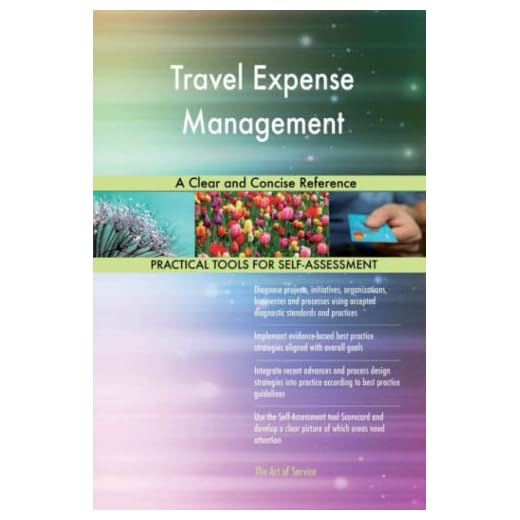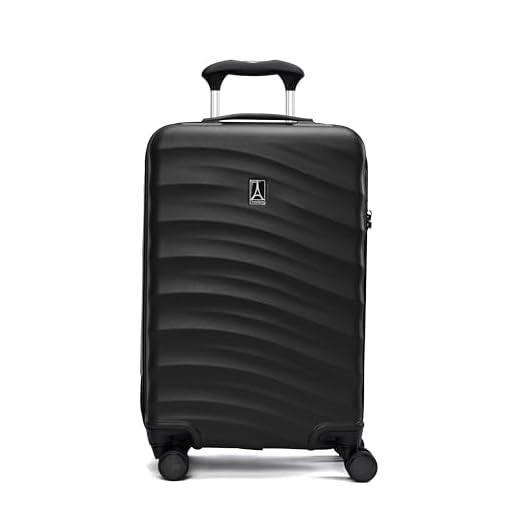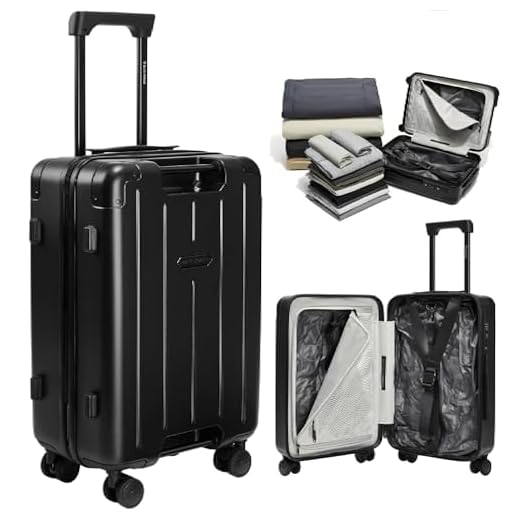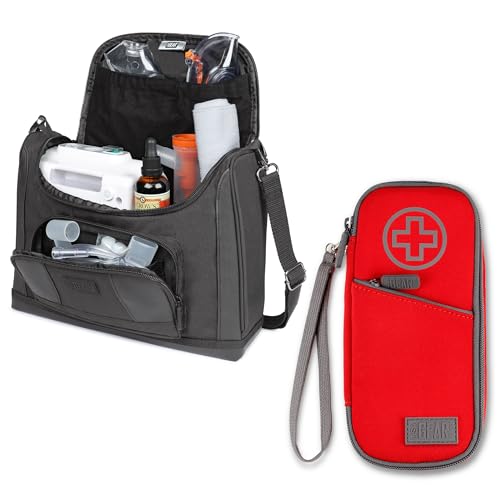







While it is possible to document the cost of travel equipment as a legitimate deduction, specific criteria must be met to ensure compliance with tax regulations. Familiarize yourself with the guidelines laid out by the IRS and the relevant tax authority in your country, as they dictate what qualifies for reimbursement.
Keep detailed records of all purchases related to travel gear. Invoices, receipts, and credit card statements are crucial pieces of evidence that support your case. Additionally, maintaining a log of how the purchased items directly relate to your work duties will strengthen your position during any scrutiny.
Lastly, always consult with a tax professional before making any determinations regarding this matter. Their expertise will help you navigate the nuances of tax laws and ensure you maximize your financial benefits while remaining compliant with legal standards.
Can I Deduct Travel Gear Costs?
Travel gear purchases can be deducted if they align with your profession. It’s crucial to establish that the items are exclusively used for work-related activities. For instance, if you purchase a suitcase specifically for client meetings or business trips, this may qualify for deductions.
Guidelines for Eligibility
- Ensure the gear is necessary for conducting your work duties.
- Maintain detailed receipts and records of the transaction.
- Keep a log of relevant trips, highlighting the purpose of each journey.
Additional Considerations
Consult a tax professional to ensure compliance with the latest regulations. Be aware that the deductibility may vary by jurisdiction and specific circumstances. Preparing and organizing documented proof is key to substantiating your claims with tax authorities.
Understanding Tax Deductible Business Travel Costs
Direct expenses associated with work-related travel can generally be eligible for tax deductions, including transportation, accommodation, and meals. It’s vital to maintain accurate records of all costs incurred during business activities.
Travel expenditures must be ordinary and necessary, falling within the scope of your professional responsibilities. Receipts and documentation should be kept to substantiate claims.
When evaluating travel-related deductions, consider the following categories:
| Type of Expense | Details |
|---|---|
| Transportation | Costs for airfare, train fares, or car rentals are generally deductible. |
| Accommodation | Hotel stays during work trips can be deducted if they are justified by necessity. |
| Meals | Generally, 50% of meal costs incurred during business travel can be deducted. |
| Other Costs | Expenses such as parking fees, tolls, and internet charges may also qualify. |
Filing the appropriate tax forms is crucial to successfully reporting these costs. Always consult a tax professional to ensure compliance and maximize available deductions.
Criteria for Claiming Luggage Costs
Eligibility for deductions related to travel gear hinges on specific guidelines. Ensure that the items purchased are directly tied to your professional responsibilities and are not of a personal nature. Receipts must be meticulously kept, as they serve as proof of purchase. Items acquired should be necessary for the execution of work-related tasks, such as attending conferences, meetings, or client visits.
Business Use Requirement
Verify that the acquisition is exclusively for professional functions. If the items are utilized for both personal and professional use, only the proportional cost associated with business activities may be eligible for deduction. It’s essential to document the percentage of usage for work purposes to substantiate your claims.
Compliance with Tax Regulations
Familiarize yourself with relevant tax laws that define allowable costs and stipulate the documentation process. Different regions may have varying regulations, making it crucial to consult with a tax professional who can provide guidance tailored to your specific situation. Accurate reporting and adherence to guidelines will safeguard against potential audits.
Documenting Your Luggage Purchase for Tax Purposes
Keep detailed records of your acquisition of travel gear. Retain receipts that include the date of purchase, item description, and amount paid. A digital or physical folder can help organize these documents for easy access during tax preparation.
If the items serve a specific purpose, such as protecting equipment or ensuring a professional appearance while traveling, annotate these reasons alongside your receipts. This clarity may clarify your rationale during audits.
Consider maintaining a log that outlines the context of each purchase. A brief note explaining how the equipment relates to your activities can strengthen your position if questioned by tax authorities.
Always ensure that your documentation complies with local tax regulations. It may be beneficial to consult a tax professional to confirm that your justifications are sound.
While evaluating your purchases, remember that quality counts. For those interested, check out the best quality umbrella for men as a practical add-on for your travel needs.
Common Mistakes When Claiming Travel-Related Costs
Filing for deductions often leads to misinterpretation of allowable items. One frequent oversight is assuming all purchases tied to trips qualify without proper validation. Ensure that every item aligns with the specific regulations governing deductions, or face rejection during audits.
Lack of Proper Documentation
Failing to maintain accurate records can hinder your ability to substantiate claims. Keep receipts and invoices for all relevant purchases, as digital records may be needed to demonstrate legitimacy. Also, documenting the purpose of the travel helps in justifying each purchase.
Mixing Personal and Professional Expenses

Using funds interchangeably for personal outings and work-related trips creates complications. Always separate invoices and receipts associated with each category. This practice simplifies the review process and decreases the likelihood of errors in your submissions.
Consulting a Tax Professional for Your Claims
Engage a tax expert to navigate the complexities of declaring expenses. Their insights can clarify which costs can be offset against your income. Professionals help you avoid pitfalls and ensure full compliance with regulations, significantly impacting the outcome of your submissions.
Personalized Guidance
Each situation is unique, and an expert can tailor advice to your specific circumstances. By analyzing your role and industry, they offer clarity on what items qualify, including suitable carrying cases for travel. For instance, consider investing in the best travel tote bag with luggage sleeve to optimize affordability. Such choices are often pivotal in maximizing deductions.
Documentation and Record-Keeping

Strategic planning encompasses thorough documentation. Professionals provide strategies for maintaining accurate records, ensuring receipts and logs are kept organized. Accurate records substantiate your claims and simplify the assessment process. Furthermore, they can assist with understanding tax regulations concerning items like travel bags or other gear necessary for your role. For more clarity on related subjects, explore resources like which of the following enzymes is specific for proteins to broaden your knowledge base.
FAQ:
Can I claim luggage expenses if I travel for business purposes?
Yes, if you travel for business, you can claim the cost of luggage as a business expense. This includes the cost of purchasing suitcases or travel bags specifically for business trips. Keep all receipts as proof of purchase to support your claim during tax filing. Additionally, ensure that your luggage is primarily used for business travel to avoid any potential issues with deductions.
What types of luggage expenses are deductible for business trips?
Expenses that may be deductible include the cost of suitcases, garment bags, and other travel accessories necessary for business trips. If you incur storage fees related to your luggage while on a business trip, those may also be deductible. However, personal items and non-business-related luggage purchases are generally not eligible. It’s wise to maintain detailed records and receipts for all related expenses to substantiate your claims.
Are there any limits to how much I can claim for luggage expenses?
There is no fixed limit on how much you can claim for luggage expenses. However, the IRS requires that the expenses be ordinary and necessary for your business. Therefore, the amount you claim should be reasonable based on your travel frequency and the nature of your business. It is crucial to justify higher amounts with proper documentation and explanations if required during an audit.
Do I need to provide receipts for luggage purchases to claim them?
Yes, you must provide receipts for luggage purchases to claim them as business expenses. Receipts serve as evidence of the expense and are essential for accurately reporting on your tax return. Without receipts, you may face challenges in justifying your claims, especially if requested during a tax audit. Keeping organized records and receipts can help simplify the claiming process and avoid potential disputes with tax authorities.









